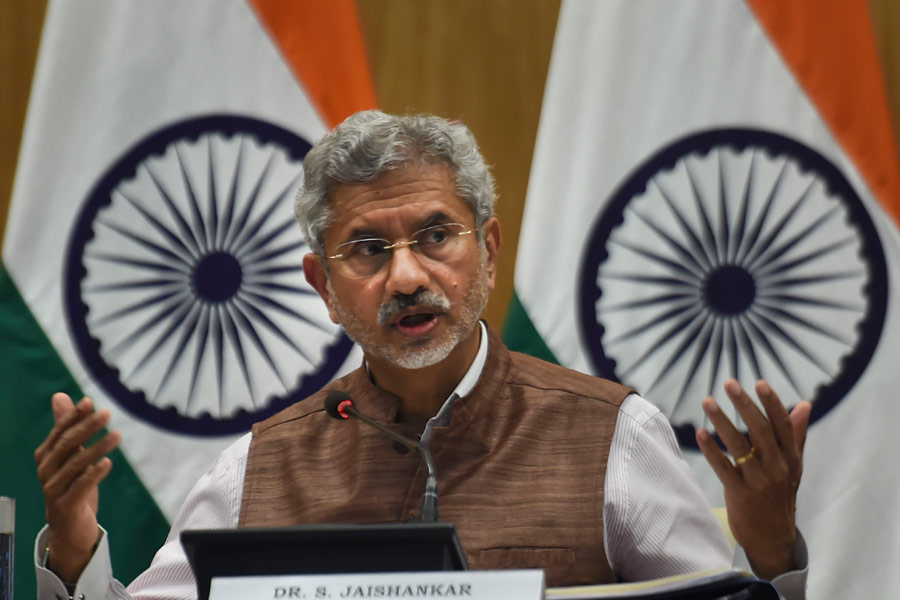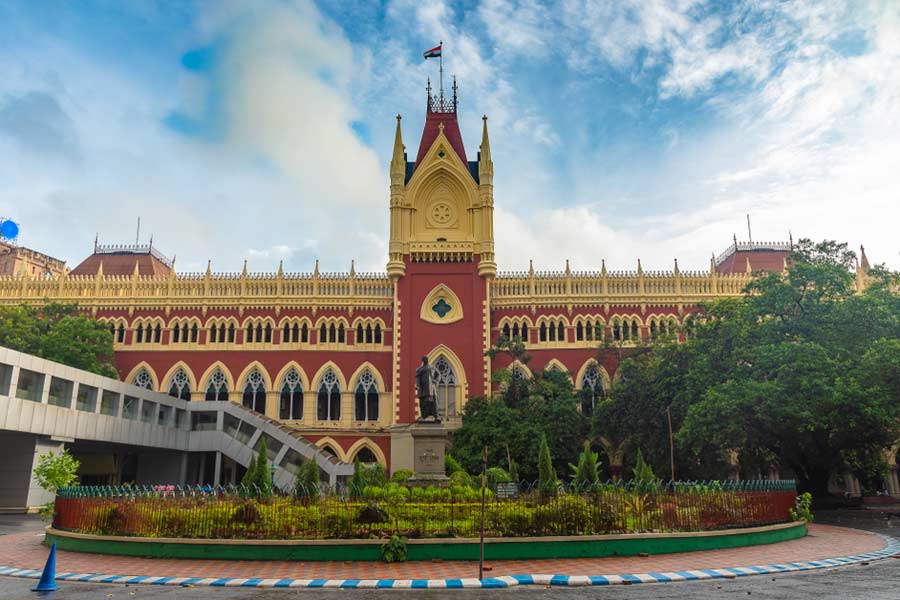One man spent 15 days in a detention centre. Police threatened another’s family. A third was chained to a chair for eight hours of interrogation.
Their offence: posting on Twitter.
Chinese police, in a sharp escalation of the country’s online censorship efforts, are questioning and detaining a growing number of Twitter users even though the social media platform is blocked in China and the vast majority of people in the country cannot see it.
The crackdown is the latest front in President Xi Jinping’s campaign to suppress Internet activity. In effect, authorities are extending their control over Chinese citizens’ online lives, even if what they post is unlikely to be seen in the country.
“If we give up Twitter, we are losing one of our last places to speak,” said Wang Aizhong, a human-rights activist who said police had told him to delete messages criticising the Chinese government.
When Beijing is unable to get activists to delete tweets, others will sometimes do the job. Wang refused to take down his tweets. Then, one night last month while he was reading a book, his phone buzzed with text messages from Twitter that contained backup codes to his account.
An hour later, he said, 3,000 of his tweets had been deleted. He blamed government-affiliated hackers, although those who were responsible and the methods they used could not be independently confirmed.
A Twitter spokesperson declined to comment on the government campaign.
China has long policed what its citizens can see and say, including online, but the recent push shows that Beijing’s vision of Internet control encompasses social media around the world. Messages on WhatsApp, which is blocked in China, have begun to appear as evidence in Chinese trials.
The Chinese government has increasingly demanded that Google and Facebook take down content that officials object to even though both companies’ sites are inaccessible in China. After exiled Chinese billionaire Guo Wengui used the platforms to lob graft accusations at top Chinese leaders, Facebook and Twitter suspended his accounts temporarily, citing user complaints and the disclosure of personal information.
Twitter may be banned in China, but the platform plays an important role in political debate and the discussion of issues in the country. To access the service, a small but active community uses software to circumvent the government’s controls over what people can see online. According to an estimate based on a survey of 1,627 Chinese internet users last year by Daniela Stockmann, a professor at the Hertie School of Governance in Germany, only 0.4 percent of China’s internet users, roughly 3.2 million people, use Twitter.
While it remains off limits for people in China, official media outlets like the Communist Party-controlled People’s Daily newspaper and the Xinhua news agency have used Twitter to shape perceptions of the country in the rest of the world.
“On the one hand, state media takes advantage of the full features of these platforms to reach millions of people,” said Sarah Cook, a senior analyst for East Asia at Freedom House, a pro-democracy research group based in the United States. “On the other hand, ordinary Chinese are risking interrogation and jail for using these same platforms to communicate with each other and the outside world.”

We’re like lambs. They’re taking us one after another. We have no ability to fight back.
Pan Xidian, who was detained for posting a comic by a dissident cartoonist
With Twitter, Chinese officials are targeting a vibrant platform for Chinese activists.
Interviews with nine Twitter users questioned by police and a review of a recording of a four-hour interrogation found a similar pattern: Police would produce printouts of tweets and advise users to delete either the specific messages or their entire accounts. Officers would often complain about posts that were critical of the Chinese government or that specifically mentioned Xi.
Police have used threats and, sometimes, physical restraints, according to Twitter users who were questioned. Huang Chengcheng, an activist with more than 8,000 Twitter followers, said his hands and feet were manacled to a chair while he was interrogated for eight hours in Chongqing. When the inquiry was over, he signed a promise to stay off Twitter.
Those pulled in for questioning do not necessarily have the biggest presence on the social network. Pan Xidian, a 47-year-old construction company employee in Xiamen with about 4,000 followers, posted a comic by a dissident cartoonist known as Rebel Pepper, along with criticism of human-rights crackdowns. In November, police called him in for 20 hours of questioning. After being forced to delete several tweets, he was allowed to go, and he thought his ordeal was over.
But officers showed up at his workplace a short time later and threw him into a car. They asked him to sign a document that said he had disturbed the social order. He complied. Then they showed him a second document, which said he would be detained. He spent the next two weeks in a cell with 10 other people, watching propaganda videos.
“In this era, we certainly know fear, but I can’t control myself,” Pan said while crying during a phone interview after he was released. “We’ve been living a very suppressed life.”
“We’re like lambs,” he added. “They’re taking us one after another. We have no ability to fight back.”
The new approach involves broad action by China’s powerful ministry of public security, which oversees law enforcement and political security. Several Twitter users said local authorities had specifically cited the internet police, a branch of the security ministry that monitors online activity. The agency, which refers to such local enforcement as “touching the ground,” was taken over last summer by a hard-liner known for a crackdown on telecom fraud in Xiamen, a city on the southeast coast.
The security ministry and the Cyberspace Administration of China, which regulates the Internet, did not respond to faxed requests for comment.
The efforts have dampened debate on Chinese-language Twitter, said Yaqiu Wang, a China researcher with Human Rights Watch, who chronicled the crackdown in November. Still, not all users have gone quietly.
“Many activists want free speech,” Wang said in an interview. “Even when they’re harassed and intimidated, they’re very brave and continue to tweet. This is an act of defiance to censorship and oppression.”
c.2019 New York Times News Service










